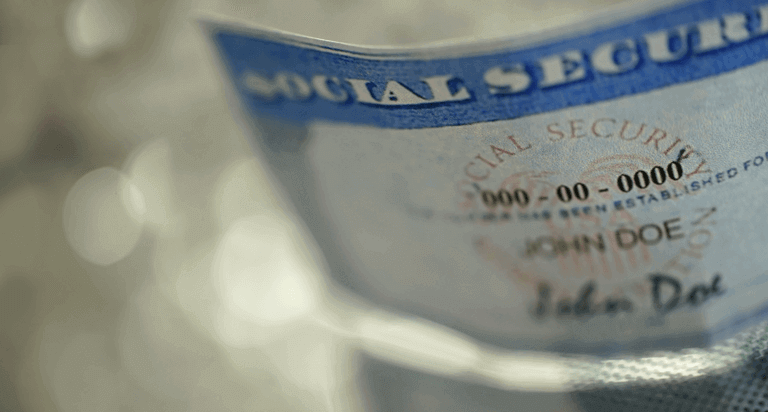
The Rise in Online Job Scams: What to Know
Hunting for a new job? Learn how to spot the warning signs of common online job scams.
Identity theft occurs when someone has access to your personal information and then uses it to open lines of credit or receive insurance, housing, or employment in your name — potentially affecting your credit reports and credit scores. There are many steps you can take, such as: contacting authorities and companies where the fraud has taken place, to explain that you were a victim of identity theft.

Hunting for a new job? Learn how to spot the warning signs of common online job scams.

Your Social Security number is a key element of your identity, and is linked to your credit information. If your Social Security card is lost or stolen, here are a few things you can do.

Do you know what fraud alerts do, what types are available or how they work? Here are 7 things you might not know about fraud alerts.

What steps can you take to help better protect your identity from scams? These five things may help.

Each can help you better protect your personal information, but they are not the same. Here's a closer look at how they function.

Unemployment insurance fraud can place additional strain on struggling Americans. Here are some ways to recognize fraud and help keep yourself better protected.


What are phishing and smishing and how can you avoid falling victim? Click here to learn more about how to spot phishing scams and how to protect yourself with help from Equifax!

Identity theft insurance can help you recover from some costs related to identity theft. But what is identity theft insurance, how much does it cost and why is it worth it?

Learn about unemployment identity theft, how it occurs and how to help prevent it.

Synthetic identity theft is one of the many forms of identity theft. Learn what it is and how to better protect yourself.

Medical identity theft can be a threat to anybody. Protect yourself by learning about examples of medical ID theft, how it occurs and how to prevent it.